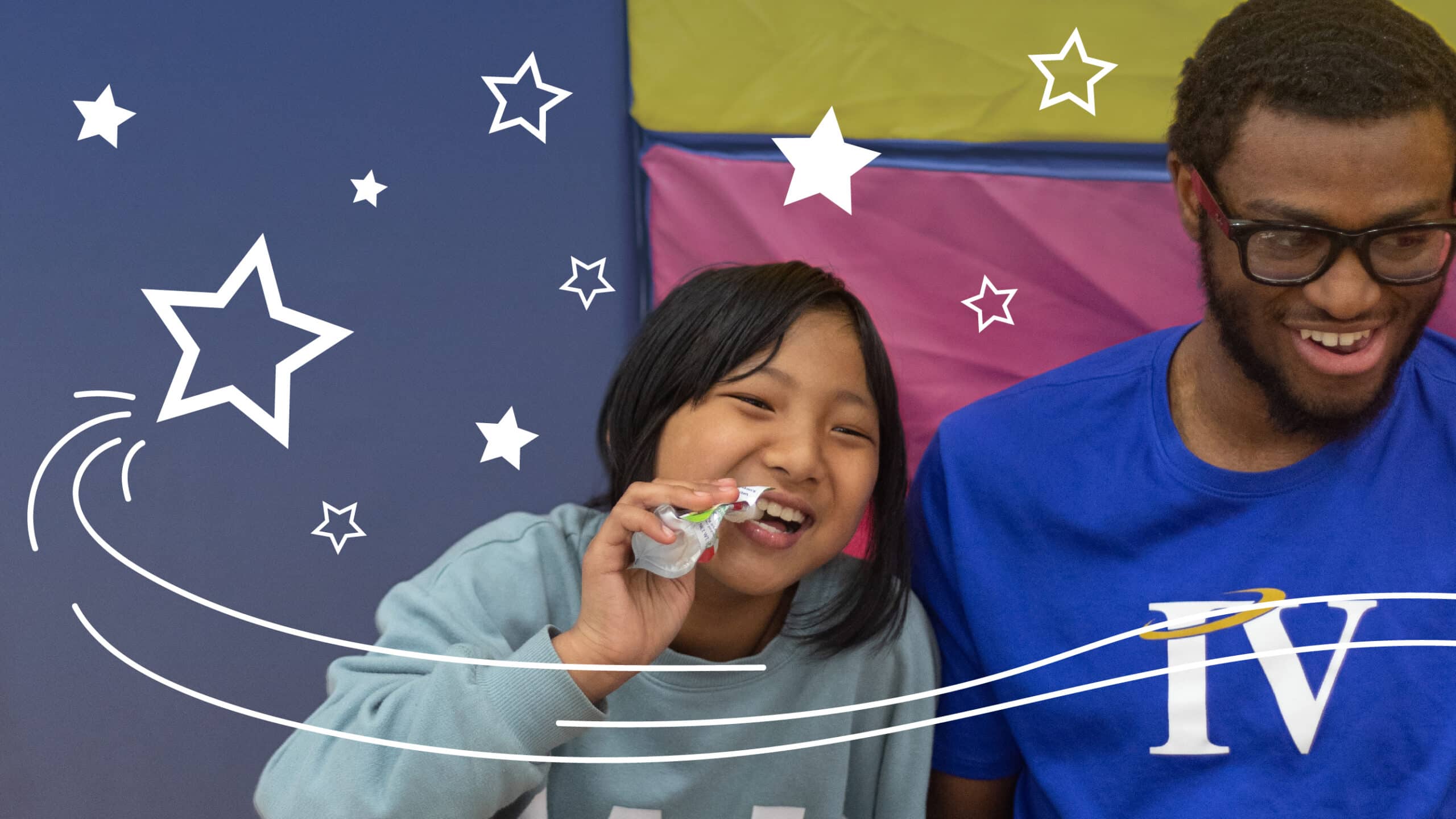
Core Components of Fostering Better Mental Health in Youth
We are being more open about our mental health these days. It’s a hard conversation to have, but being vulnerable will make us healthier people in the long run. Adulthood makes it easier to open up about what we are feeling and what is affecting us. We have the vocabulary and the self-awareness to share how we are feeling. However, children are not equipped with these same tools. They are just learning how to communicate how they are feeling without acting out.
Having deeper conversations with children about mental health can be difficult, but you would be surprised by how well they will respond. When teaching youth how to monitor their mental health, you must encourage their developing social skills. Fostering personal wellness includes developing the tools required to communicate when there’s something wrong. Here are some core components to support positive youth development.
